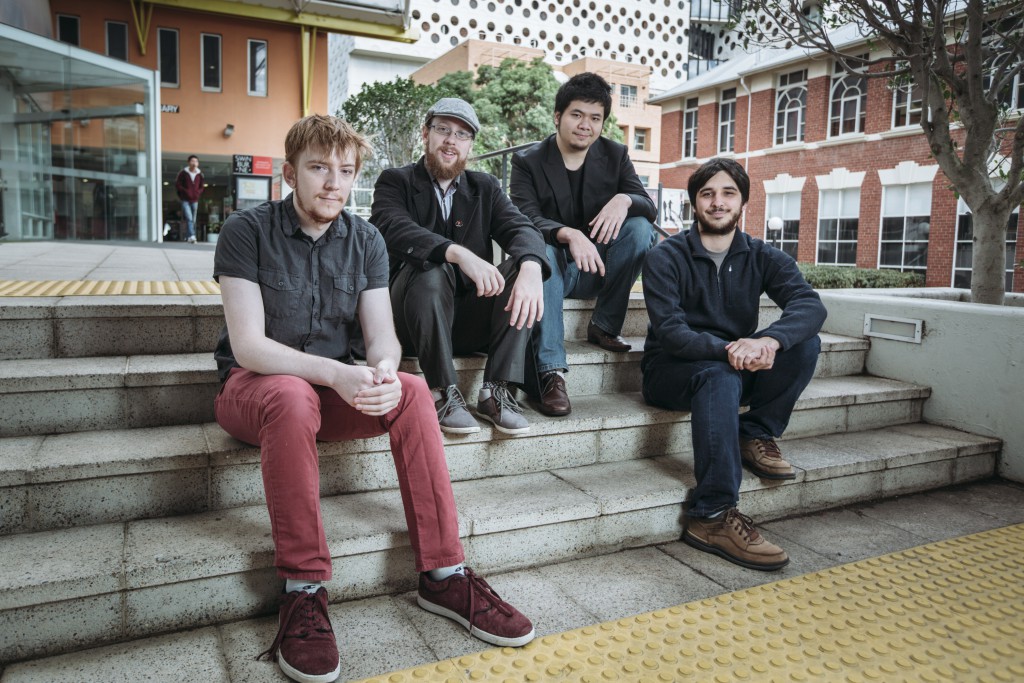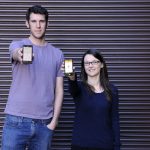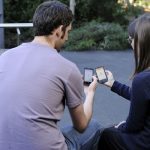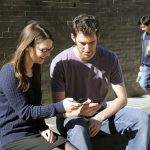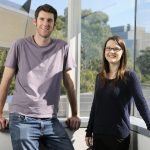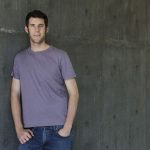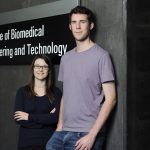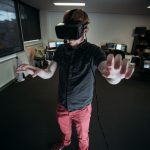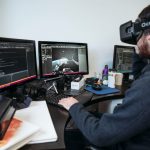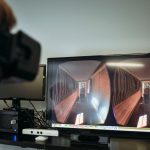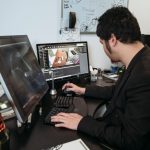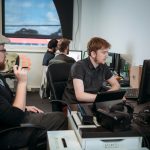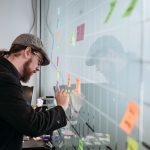Imagination, can be described as ‘the part of the mind that imagines things’…. but what if what we were to ‘imagine’ was to be brought to life?
Each year, Microsoft’s Imagine Cup makes this dream a reality – empowering students from all over the world, across all disciplines, to team up and use their creativity, passion and knowledge to change the way we live, work and play, through the power of technology!
Games you cannot turn off. Innovations you wonder how you ever lived without. Apps that save lives. That’s what the Imagine Cup is all about; helping young people see how the technology they create can not only shape their own futures, but can directly improve the lives of others.
Microsoft is proud to announce the Australian finalists for the 2015 Microsoft Imagine Cup….
- Angela Rose and Michael de Ridder from the University of Sydney for SpeakerBoxx
- James Bonner, Liam McGuire and Norman Wang for Opaque Multimedia
SpeakerBoxx and Opaque Multimedia are both incredibly unique – and the students who are the brains behind the ideas, have been recognised for their innovative design to help tackle some seriously tough problems!
With competitive entries coming in from over half of Australia’s universities, both SpeakerBoxx and Opaque Multimedia came out on top. Both teams will now compete in the Asia Pacific Regional round of Imagine Cup, with the hope to secure a spot in the Imagine Cup World Finals, held in Seattle this July. The students will battle it out against tough competition from the likes of Singapore, New Zealand, Taiwan, Malaysia and Indonesia for cash prizes, a once in a lifetime experience of meeting Microsoft CEO Satya Nadella, a spot in a Microsoft Venture incubator and a partnership award totalling more than $1 million!
Australia has a proud history in the Imagine Cup, with Team Eyenaemia taking out the 2014 Imagine Cup World Citizenship competition for their simple, non-invasive and easily accessible screening tool for anaemia. 2012 Imagine Cup winners, CliniCloud has also achieved great commercial success in recent years, taking their Digital Stethoscope and Non-contact Thermometer from concept to reality.
Australia has proved that no matter what happens in the next couple of months… we can expect big things to come from SpeakerBoxx and Opaque Multimedia!
2015 Australian Finalist, Innovation: SpeakerBoxx – Thinking outside the box to get students talking
Angela Rose and Michael de Ridder are two PhD students from the University of Sydney, who have designed an innovative mobile mental health application called SpeakerBoxx. While films such as Cyberbully have recently put the issue of online bullying and mental health in the spotlight – the issue of cyber bullying is certainly not new, nor is it one that social networks have successfully addressed.
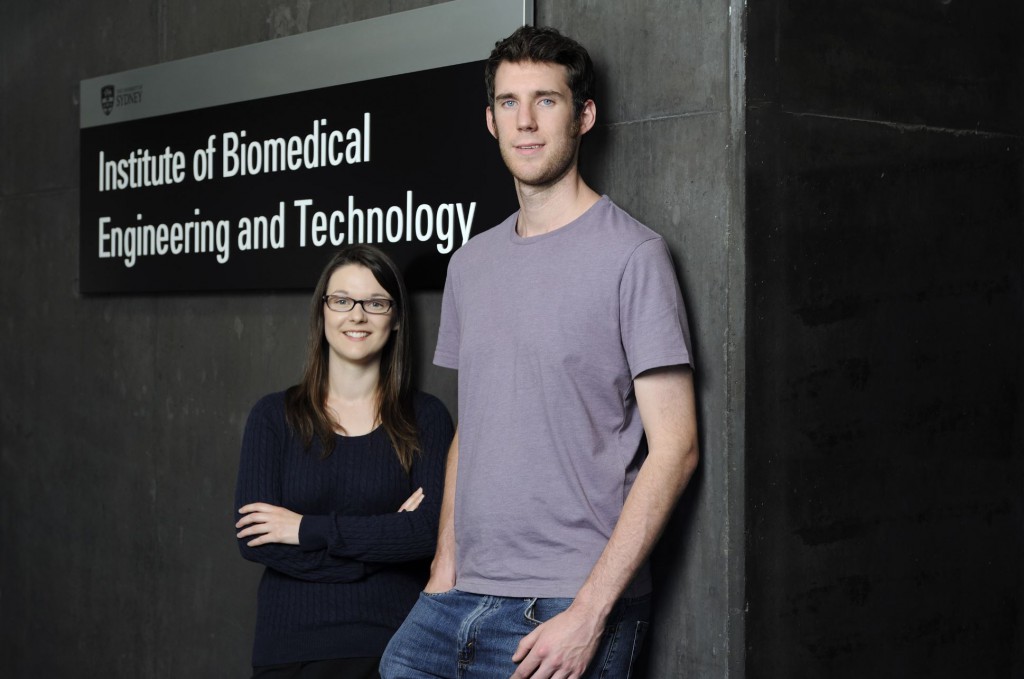
Both Angela and Michael strongly believe that the severity of mental health in youth is way too big to ignore. And rather than wait for social media networks to come up with a strategy, team SpeakerBoxx has taken matters into their own hands by designing a social platform to tackle the issue head-on.
Angela and Michael believe that one of the best ways to overcome stress and anxiety is for people to talk. However, the problem is that people can sometimes be afraid to talk, even to a close friend, let alone publically.
The concept of Speakerboxx is simple. SpeakerBoxx is a sentiment analysis machine that creates social support to help young people when they are going through personal turmoil. Students can record a message anonymously, which is then instantly analysed by a sentiment machine hosted on Microsoft Azure – which can analyse emotions from the words spoken. The message and accompanying analysis can then be sent to friends, teachers or the wider school community.
Angela, a former high school teacher, has seen the impact of mental health first-hand: “I witnessed the impact that the pressure of exams had on my students, and how it affected their mental health. Speakerboxx is committed to exploring the relationship between social media technology and mental health. Social networks are fuelling the issue of cyberbullying – but we also see it as the answer to the problem.”
“We are committed to exploring the relationship between social media technology and mental health. Social networks are fuelling the issue of cyberbullying – but we also see it as the answer to the problem.”
This idea resonated with the judges of this year’s Microsoft Imagine Cup, naming the duo as finalists – and helping them in their journey to help young people. “The Imagine Cup experience has been incredibly positive, helping us to drive our idea forward. Microsoft provided the Microsoft Azure architecture that makes SpeakerBoxx possible, which has turned our dream into a reality. Our application programming interface, mobile service, notification hub and machine learning and sentiment analysis are all hosted on the Azure cloud,” said Michael.
SpeakerBoxx has also been working closely with Professor Maree Teesson and her team from the University of New South Wales – Maree is director of the Centre of Research Excellence in Mental Health and Substance Use. “SpeakerBoxx is a compelling innovation. With the Research Centre being focused on preventing and treating mental disorders, we are committed to continue our partnership with both Angela and Michael – to harness the power of technology to make a positive change in people’s lives.”
Both Michael and Angela have big plans for SpeakerBoxx. “We are excited to see how emerging wearable technologies will also improve our solution by tapping into senses other than voice, such as heart rate.”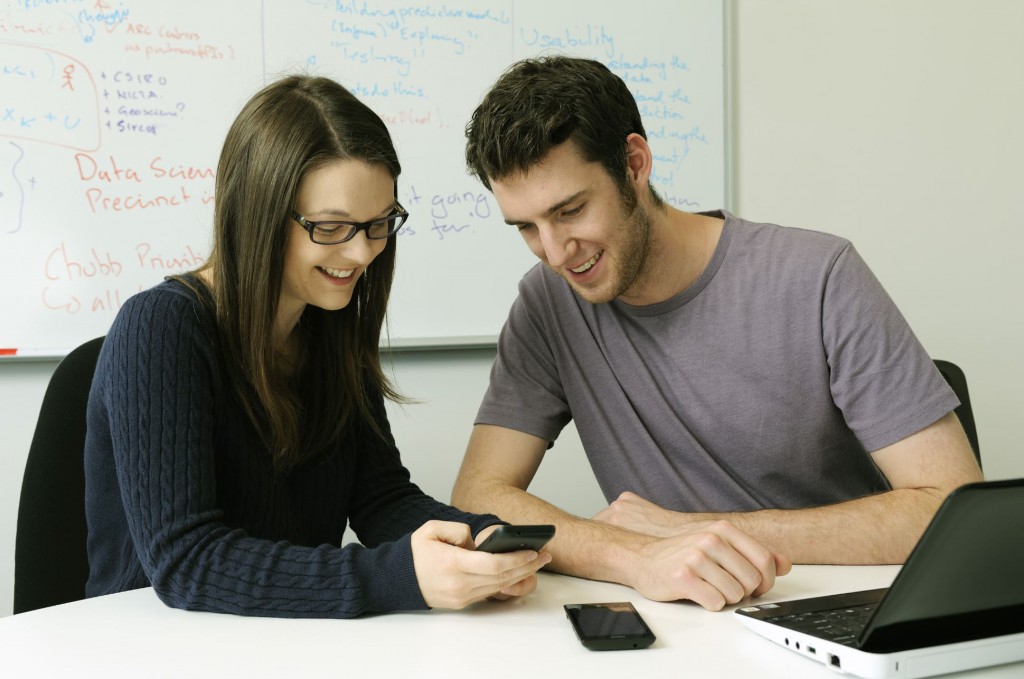
Angela and Michael also see the opportunity to take SpeakerBoxx to the wider community. “We definitely see SpeakerBoxx as a versatile tool, from analysing sentiment of TV and radio audiences to being applied in corporate and political campaigns,” said Michael.
Angela added, “Being named as an Imagine Cup finalist has given us validation for all the hard work we have put into this project. Whilst we certainly want the app to evolve, Imagine Cup has helped us to stay focused on what we first set out to achieve, which is to harness the power of technology to help prevent and treat youth mental health.”
“Imagine Cup has helped us to stay focused on what we first set out to achieve, which is to harness the power of technology to help prevent and treat youth mental health.”
2015 Australian National Finalist, World Citizenship: Opaque Multimedia – Breaking down barriers to shine a light on dementia
Did you know that there are 56 million people in the world living with dementia and about 225 million people affected by dementia? These alarming statistics are also reflected in Australia – with an estimated 335,000 people living with dementia and about 1.4 million people in care.
There is no effective medical treatment for dementia, so the focus tends to be on how we can improve the lives of people living with dementia by improving the quality of care they receive. The team behind Opaque Multimedia – believe the key to achieving better care outcomes is to create a sense of empathy in the carers, but how can we teach empathy?
This is where Opaque Multimedia comes in – and the brains of dynamic group James Bonner, Liam McGuire, Chris Mackenzie and Norman Wang. Opaque Multimedia creates a virtual reality platform replicating what it’s like to have dementia by using experiential learning principles and motion sensor technology. To do this, the team adopted traditional entertainment and gaming technology and applied to their project.
“We have created very high impact scenarios, such as typical domestic scenes like being in a kitchen or bathroom. We then modulate certain parameters of the users experience such as change perceptual effects, glaucoma cataracts and visual deterioration. By using entertainment and gaming technology – we have created a virtual reality so that carers can experience first-hand what it’s like to suffer from dementia, and the challenges that some face every day – but we take for granted,” said Opaque’s Technical Director, James Bonner.
“We have created a virtual reality so that carers can experience first-hand what it’s like to suffer from dementia, and the challenges that some face every day – but we take for granted.”
Opaque Multimedia is no stranger to the Imagine Cup competition as the 2014 runner-up. “The experience we took away from last year’s Imagine Cup was amazing. We learned a lot about ourselves and honed our ability to explain the application, which proved incredibly valuable as we are now rolling out the experience across Australia.”
![]()
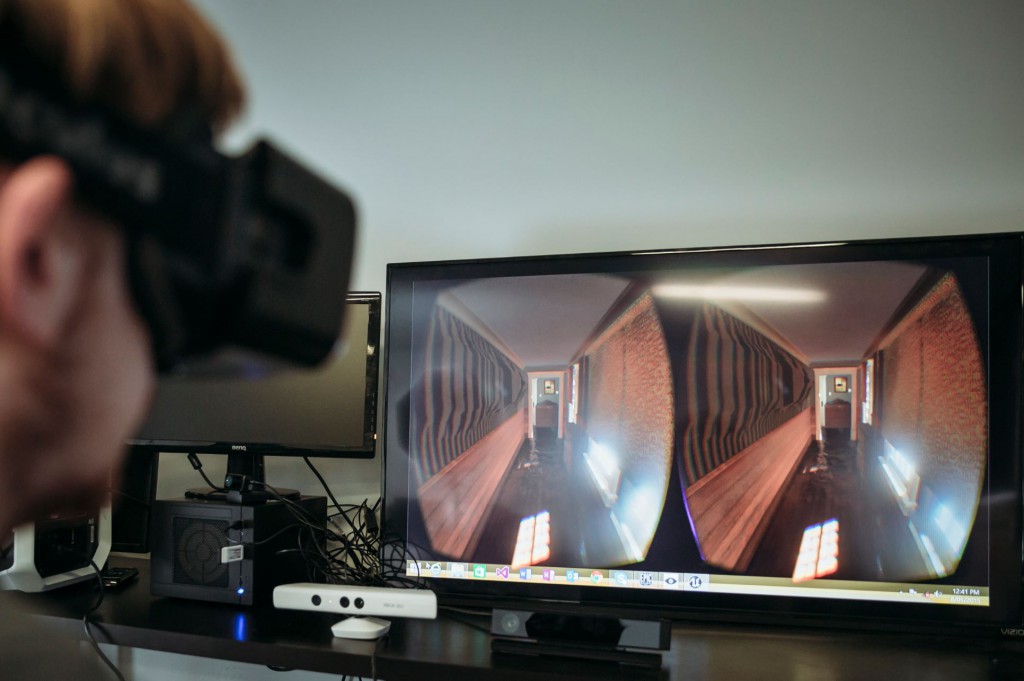
“We are thrilled to be named finalists again this year, as it validates all our hard work in the past 12 months. Imagine Cup has given us the confidence to reach our goals, but it also provides us with an opportunity to see what other teams are doing, and be inspired,” said James. “The support and mentorship from the program has been great, and with on-going developments in the virtual and augmented reality space, we hope to take this experience to a much wider audience,” added James.
“We hope to one day be able to control the environment as actually experienced by people with dementia – not just improving their quality of life, but potentially extending their life altogether.”
“The portability of the Oculus Rift unit and the potential for people to access augmented reality platforms at home through HoloLens and Windows 10, enables us to go beyond training carers. Through this technology, we hope to one day be able to control the environment as actually experienced by people with dementia – not just improving their quality of life, but potentially extending their life altogether.”


